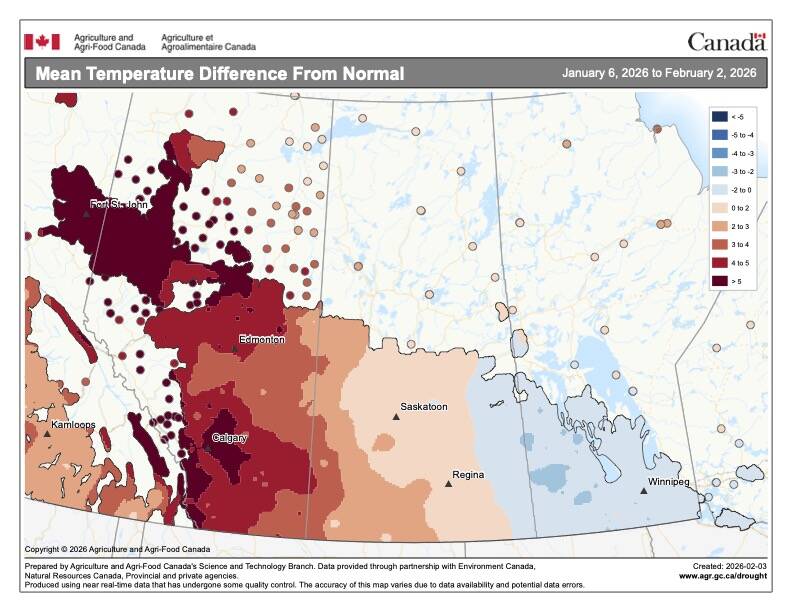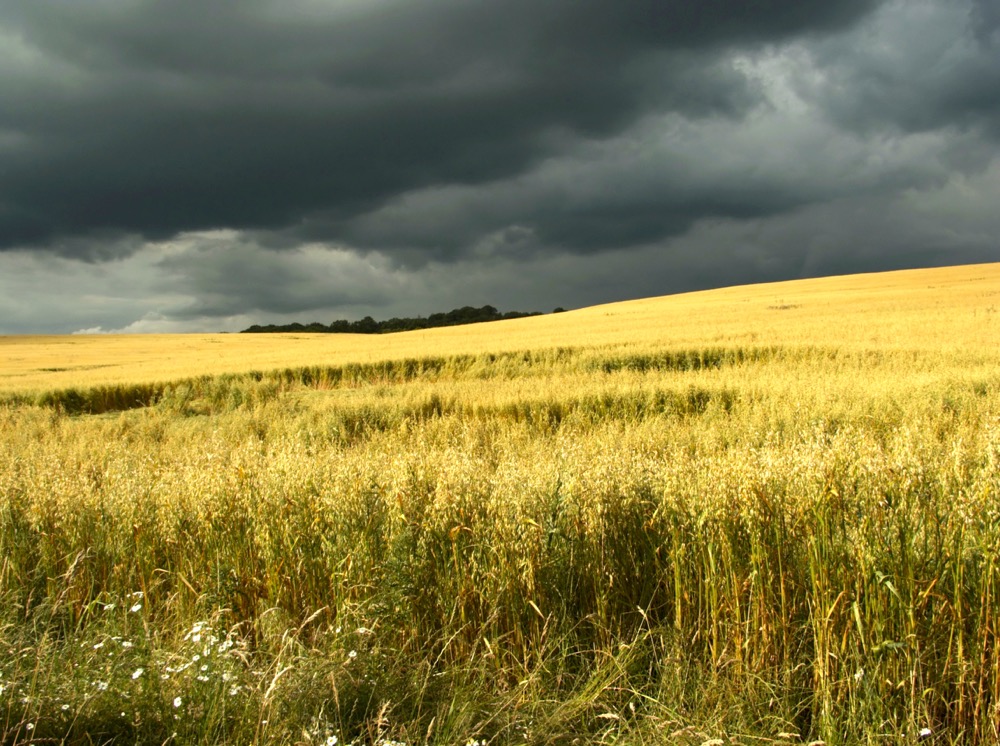Carbon pricing, which is aimed at mitigating climate change, is coming to Manitoba and the Keystone Agricultural Producers (KAP) want farmers’ input on how it should be done.
To that end KAP has organized a conference call and webinar for farmers Tue. Oct. 4 at 8 a.m. to learn more about options and to hear farmers’ suggestions, Sean Goertzen, KAP’s climate change co-ordinator, said in an interview Sept. 28.
“The Manitoba PC government has already committed to introducing a ‘made-in-Manitoba’ carbon pricing system,” Goertzen wrote in a draft of his presentation. “So we know it’s going to happen. But there are still many design options on the table.”
Read Also

Prairie weather all starts with the sun
The sun’s radiation comes to us in many forms, some of which are harmful to organic life while others are completely harmless or even essential, Daniel Bezte writes.
The Canadian government is committed to cutting Canadian greenhouse gas emissions by 30 per cent from 2005 levels by 2030 — the same goal the previous Conservative government had.
Putting a price on carbon is intended to discourage emissions through markets as opposed to regulation. The potential impact on Manitoba farmers is huge because in this province agriculture accounts for about 40 per cent of the province’s greenhouse gas emissions. Agriculture’s share is large because most of Manitoba’s electricity needs are met by hydro generation, which emits almost no greenhouse gases.
Farmers are big emitters because they are big users of products that produce greenhouse gases, including gasoline and diesel to run equipment, nitrogen fertilizer to boost crop yields and propane and natural gas to heat barns and dry grain. Livestock and their manure also produce greenhouse gases.
There’s scientific consensus that the earth is warming because of rising carbon dioxide levels in the atmosphere. Temperatures are forecast increase by 1.8 to 4.0 C, depending on how much future greenhouse gases are emitted.
However, a group of seven distinguished climate scientists led by Robert Watson, a former chairman of the United Nations’ Intergovernmental Panel on Climate Change, asserted that the chance of holding warming to below 1.5 above pre-industrial levels “has almost certainly already been missed,” the Washington Post reported Sept. 29.
The world adds 54 or so billion tons of carbon dioxide equivalent to the atmosphere annually, the scientists said in a report.
“Some farmers are worried a carbon price could have a big effect on their operation, but it just depends on the design,” Goertzen said. “A badly designed carbon price could do little more than increase costs for farmers without providing paths to reduce emissions, but a well designed carbon price can actually bring farmers in as part of the solution to reducing emissions and help them save money over the long run while doing that. So we are trying to get to that well designed carbon price that works for farmers.”
Farmers produce greenhouse gases but they also capture and store carbon in pastures and crops. Management practices, such as zero-till, also capture carbon.
“A 10-year study in Texas found that pastures using rotational grazing store three times as much carbon in the soil compared to conventional pastures,” Goertzen’s notes say.
Goertzen will discuss carbon pricing program in other province’s including British Columbia. In 2008 it introduced a $10 a tonne tax on carbon emissions, which is now at $30. That translates into an extra 6.67 and 7.67 cents per litre on gasoline and diesel, respectively.
In 2014 British Columbia eased the carbon tax burden on agriculture with a rebate of up to $200 a year for personal vehicle fuel for northern and rural homeowners, an 80 per cent rebate for greenhouse growers and a full exemption for farm gas and diesel.
British Columbia’s carbon tax is revenue-neutral, meaning for every increased dollar collected from the tax, other taxes were cut by as much, including cutting school taxes on farmland in half.
Though farmers are still harvesting this time of year, there will be more chances to provide input, Goertzen said. Although it’s not necessary, KAP would appreciate farmers pre-registering for the teleconference online (via gotowebinar).
Farmers can email or phone Goertzen at [email protected] or 204-990-7326.
















